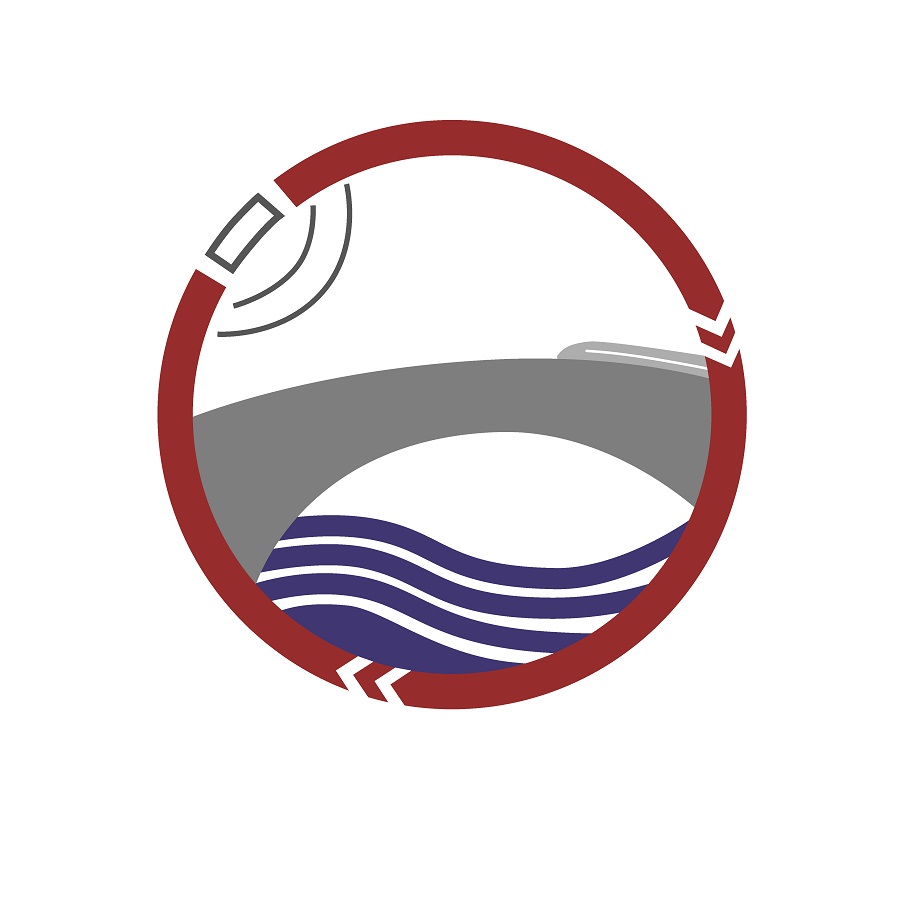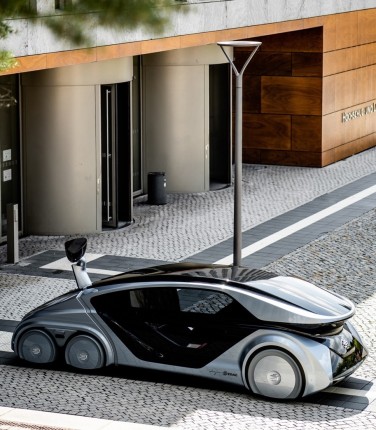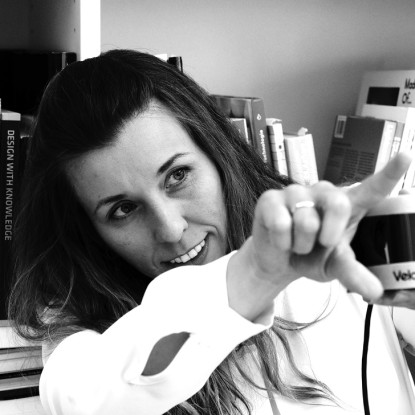| Project name | Campus FreeCity – Living lab to explore a networked fleet of modular robotic vehicles |
|---|---|
| Acronym | Campus FreeCity |
| Project partner |
|
| Grantor | Federal Ministry for Digital and Transport (BMDV)) |
| Duration | November 2021 to May 2024 |
| Project content |
The long-term vision behind the project is to realize passenger and freight transport currently done by motor vehicles as well as numerous municipal work tasks in urban areas through a networked fleet of autonomous robotic vehicles, which is controlled by a centralized system that manages and optimizes their operation. The robotic vehicles, called EDAG CityBots, are modular in design so that they can be equipped with different utility modules and deployed as needed. In the background, the control system dynamically optimizes the CityBots’ route planning and the utilization in 24-hour continuous operation. Users can conveniently feed their orders into the system – whether it's tourists who order transportation to the next sight via an app, store owners who plan the delivery of new goods for the next day, or municipal employees who organize the nightly removal of garbage. The new concept promises to massively reduce the number of vehicles in inner-city areas, make parking space available for other uses, and free traffic from congestion through consistent coordination. All of this makes an important contribution to a “shared space” traffic concept where all road users co-exist on an equal footing, giving rise to a sustainable and livable smart city. The research topics within the project pave the way to put the concept into practice and will explore challenges and possible solutions of central elements of the planned system: automated driving functions, networking and data exchange, human-machine interaction, acceptance and trust, integrated order management, identification and realization of economic and technical optimization potentials in operation, and many more. |
| Project Homepage | https://www.campusfreecity.de |
Department of Civil and Environmental Engineering

Research project Campus FreeCity
Living lab to explore a networked fleet of modular robotic vehicles
Research project Campus FreeCity
Living lab to explore a networked fleet of modular robotic vehicles
Research project : Campus FreeCity






